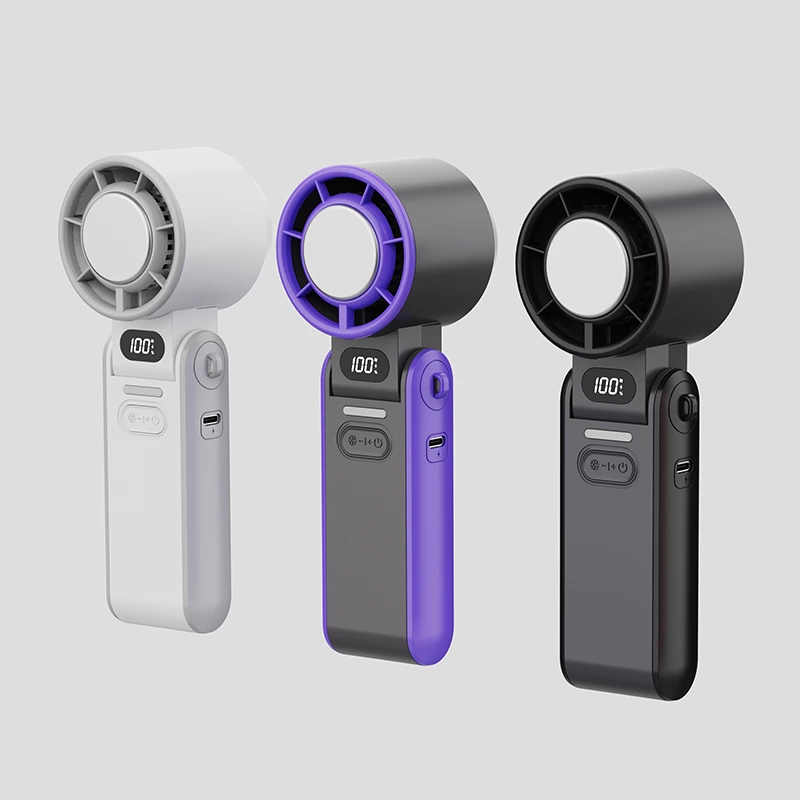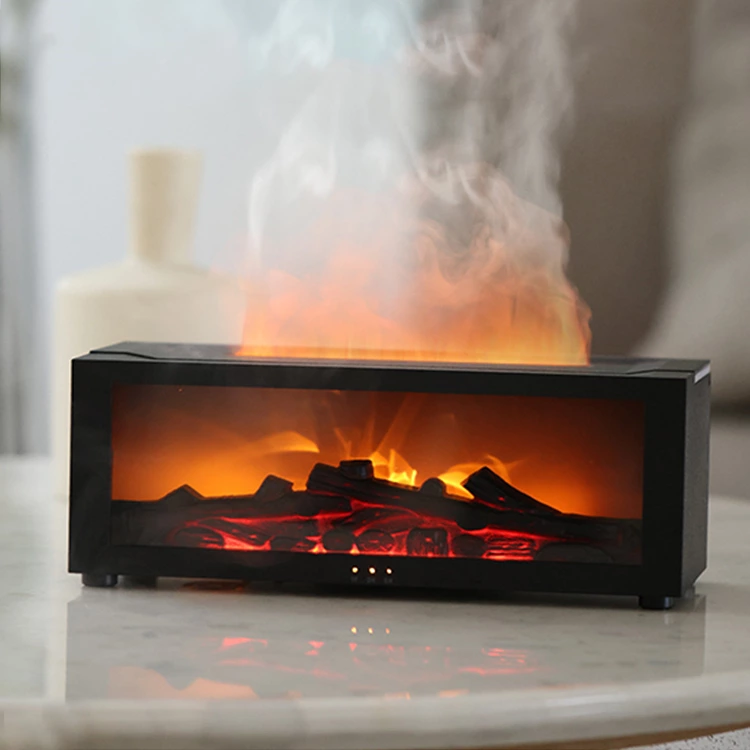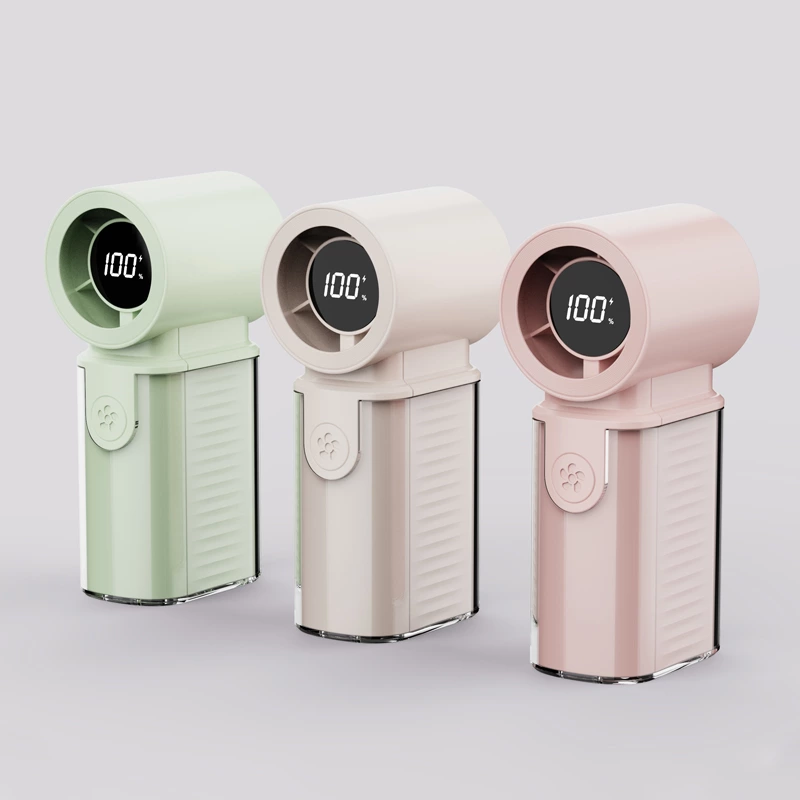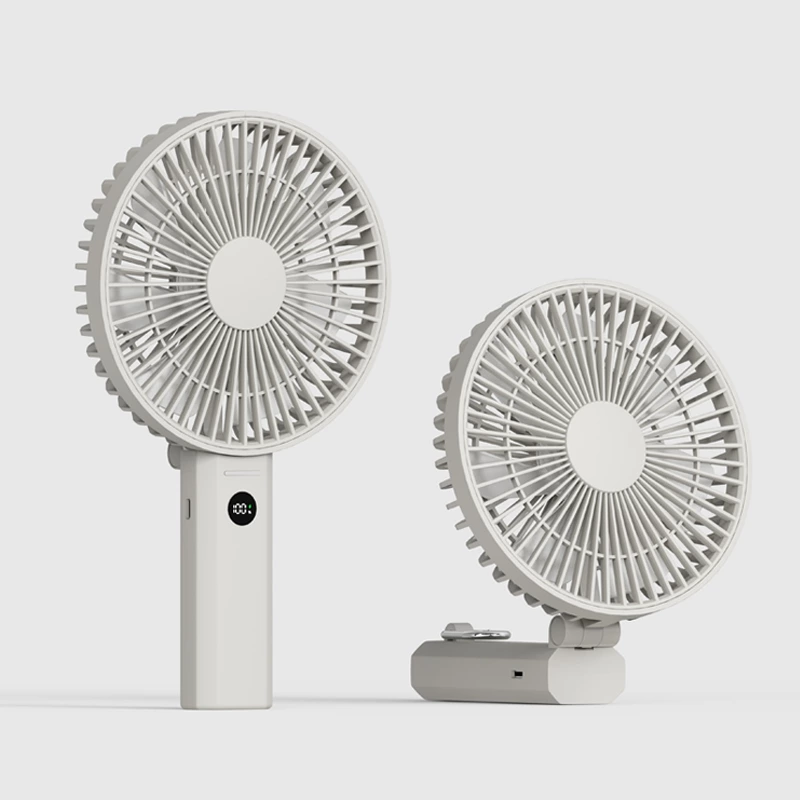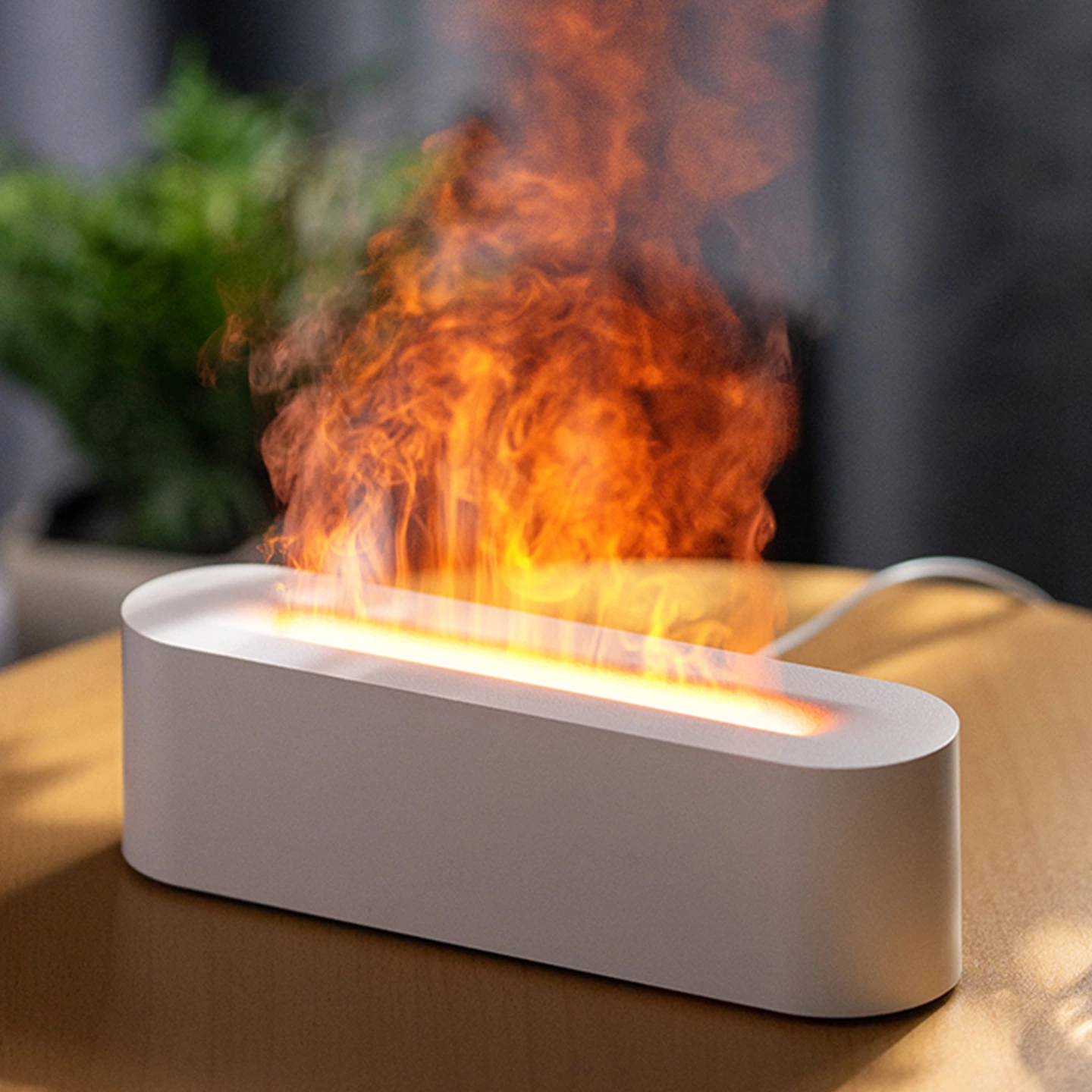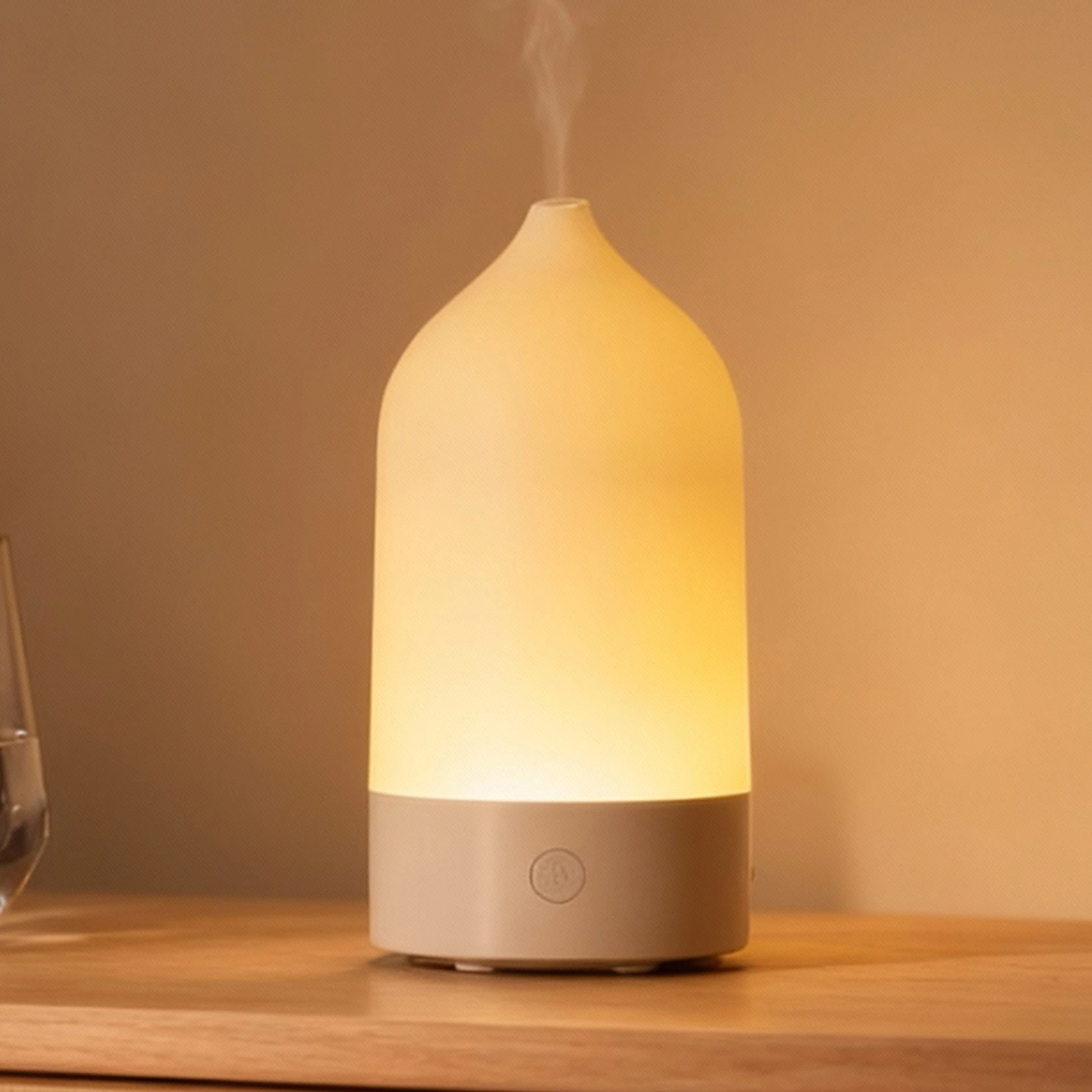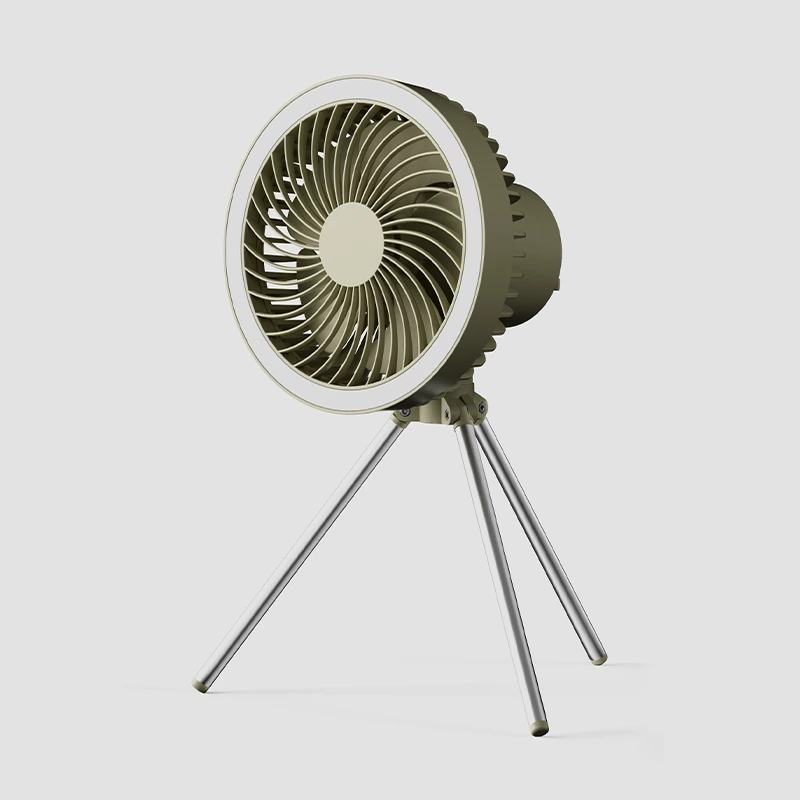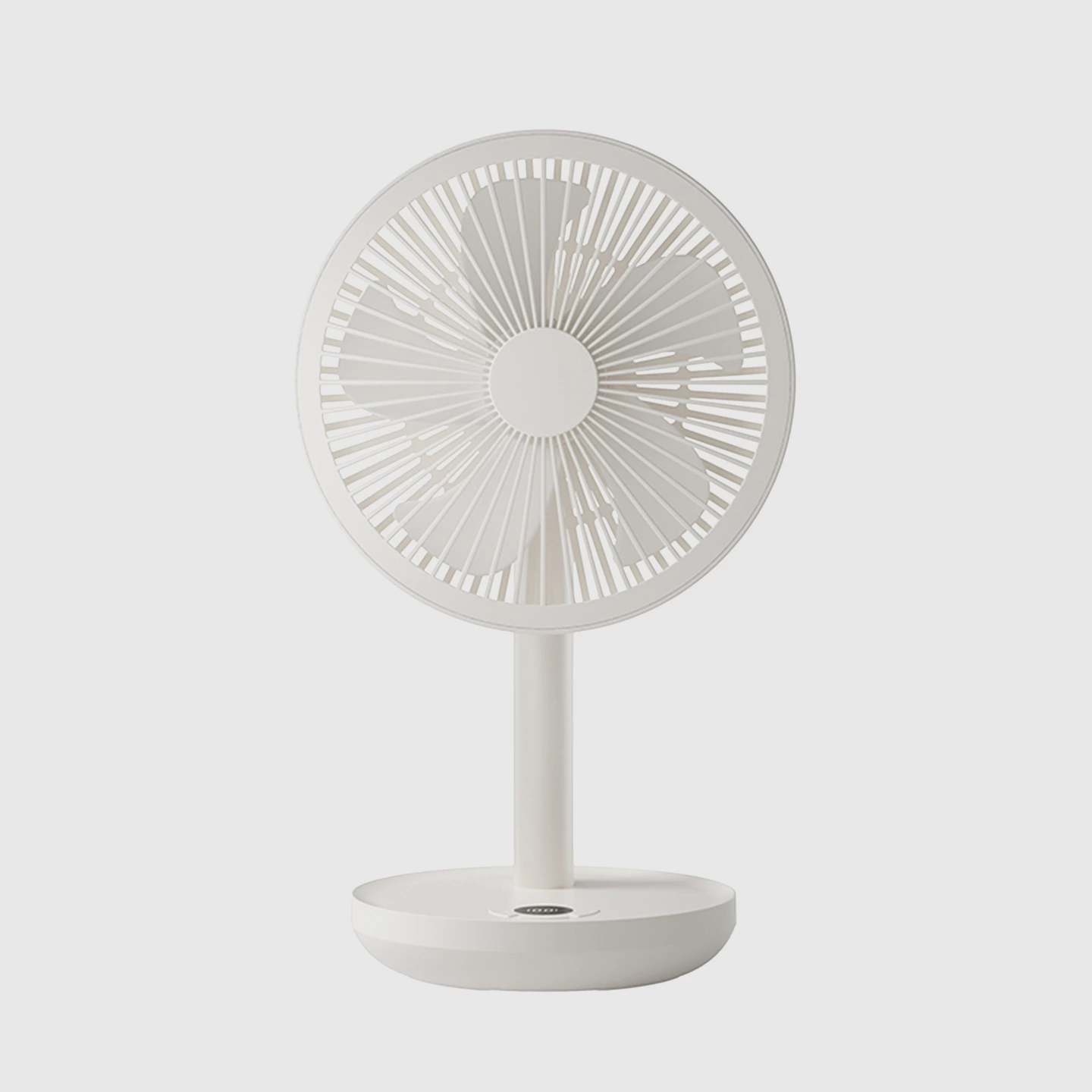Can I Use a Humidifier Overnight? A Comprehensive Guide to Safe and Effective Humidifier Use
Humidifiers are a popular addition to homes, particularly in dry climates or during the winter months when indoor air can become overly dry. They help maintain optimal humidity levels, making the air more comfortable to breathe, alleviating dry skin, and even helping with conditions like asthma, allergies, and sinus congestion. But one question frequently asked by users is: Can I use a humidifier overnight?
The short answer is yes, but there are several factors to consider before running a humidifier while you sleep. While using a humidifier overnight can offer significant benefits, improper use may also lead to potential health risks or negatively affect your home environment. In this article, we’ll break down the pros and cons, safety precautions, and best practices to ensure you get the most out of your humidifier while you sleep.
The Benefits of Using a Humidifier Overnight
1. Better Sleep Quality
One of the most significant advantages of using a humidifier overnight is its ability to improve sleep quality. Dry air can irritate your nasal passages and throat, making it difficult to breathe comfortably. This can lead to snoring, coughing, or waking up with a dry mouth. A humidifier helps by adding moisture to the air, making it easier for you to breathe and reducing the likelihood of waking up during the night.
For individuals with sleep apnea, asthma, or allergies, maintaining proper humidity levels while sleeping can be especially beneficial. Dry air can trigger flare-ups of these conditions, but a humidifier helps alleviate the symptoms, leading to a more restful night’s sleep.
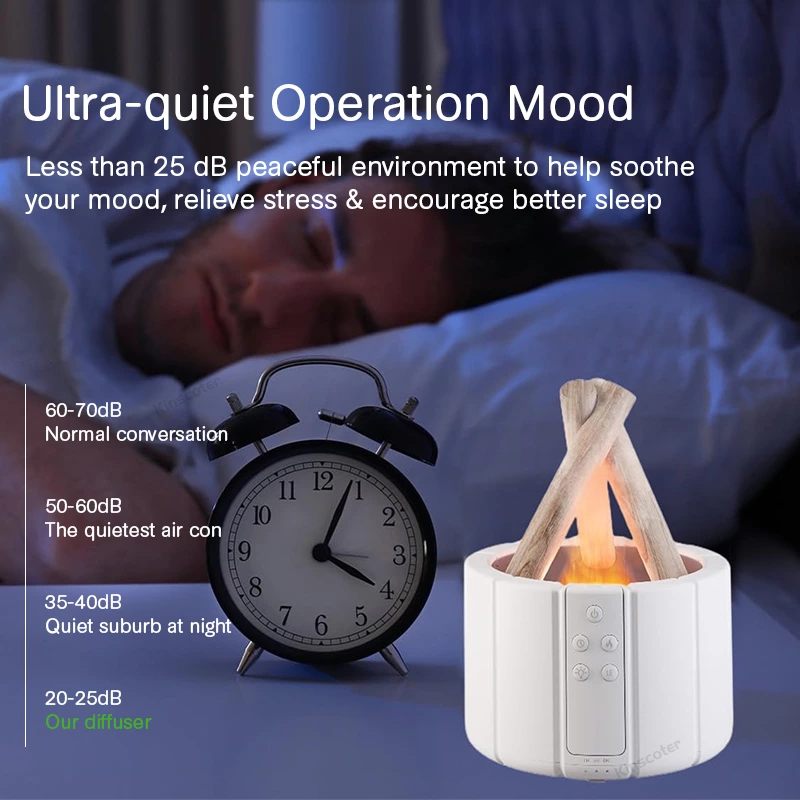
2. Helps with Congestion and Cold Symptoms
If you’re dealing with a cold, sinus infection, or seasonal allergies, a humidifier can be a game-changer. The moisture it adds to the air helps to loosen mucus, making it easier to breathe and reducing nasal congestion. This can provide relief from sinus pressure and reduce the risk of developing a sore throat from sleeping with your mouth open due to nasal congestion.
Using a humidifier overnight when you're sick or congested can also help keep your throat and nasal passages moist, preventing irritation or worsening symptoms. In this way, a humidifier offers comfort and support while your body fights off illness.
3. Prevents Dry Skin and Chapped Lips
If you wake up with dry, flaky skin or cracked lips, dry air might be to blame. Sleeping in a dry environment can strip moisture from your skin, making common winter skin conditions like eczema and dermatitis even worse. An overnight humidifier keeps the air moist, which helps your skin retain its natural hydration and prevents these issues.
Additionally, individuals who suffer from conditions like psoriasis or other skin sensitivities may notice a significant improvement in skin texture when using a humidifier overnight. Moist air ensures your skin doesn't dry out while you sleep, leading to smoother, healthier skin in the morning.
4. Helps Houseplants and Wooden Furniture
Beyond the personal health benefits, humidifiers can also be beneficial for your indoor environment. Many houseplants thrive in higher humidity levels, and dry air can damage their leaves and roots. Running a humidifier overnight helps maintain adequate moisture for plants to stay healthy.
Wooden furniture and floors can also be affected by dry air, which may cause them to crack or warp. By using a humidifier at night, you help preserve your home’s wooden elements by preventing them from drying out and becoming damaged.
Potential Risks of Using a Humidifier Overnight
While the benefits of using a humidifier overnight are clear, it’s essential to understand the potential risks if not used correctly. Humidifiers are incredibly helpful devices, but improper use can lead to unwanted consequences, including:
1. Over-Humidification
Running a humidifier overnight without monitoring the humidity level can lead to over-humidification. When the air becomes too moist, it can create an environment conducive to mold growth, dust mites, and bacteria. These allergens can contribute to respiratory issues, worsening asthma or allergies. The ideal indoor humidity level is typically between 30% and 50%. Anything above this range can cause problems.
To avoid over-humidification, consider using a humidifier with a built-in humidistat. This feature allows you to set a specific humidity level, and the humidifier will automatically turn off once the air reaches that level. Alternatively, you can use a separate hygrometer to monitor your room’s humidity levels and adjust your humidifier use accordingly.
2. Dirty Humidifiers
If not cleaned regularly, humidifiers can become breeding grounds for mold, bacteria, and other harmful pathogens. When these contaminants are dispersed into the air along with the moisture, they can irritate your respiratory system and exacerbate conditions like asthma or allergies.
To prevent this, make sure to clean your humidifier at least once a week and follow the manufacturer’s instructions for proper maintenance. If your humidifier uses a filter, ensure you replace it regularly to prevent the buildup of contaminants.
3. White Dust from Mineral Deposits
If you use tap water in your humidifier, the minerals in the water can accumulate and produce a fine white dust that settles on surfaces around the room. This dust can also be inhaled, which might cause respiratory irritation, especially in individuals with sensitive lungs. To avoid this issue, use distilled or purified water in your humidifier, as it has fewer minerals and won’t produce white dust.
Safety Precautions for Using a Humidifier Overnight
To safely enjoy the benefits of a humidifier while you sleep, follow these best practices:
1. Monitor Humidity Levels
Always keep track of your room’s humidity level. As mentioned earlier, aim for a humidity level between 30% and 50%. You can purchase a hygrometer to measure the humidity in your room and ensure it stays within a safe range.
2. Use the Right Type of Water
Whenever possible, use distilled or purified water in your humidifier. Tap water contains minerals that can produce white dust, and in some areas, tap water may also contain other impurities that can damage your humidifier or affect the air quality.
3. Clean Your Humidifier Regularly
A clean humidifier is essential for safe and effective use. Make sure to clean your humidifier at least once a week to remove any buildup of mold, bacteria, or mineral deposits. If your model has a filter, replace it according to the manufacturer’s guidelines.
4. Position the Humidifier Properly
Make sure to place the humidifier on a flat, raised surface, away from walls and furniture to prevent moisture from accumulating in unwanted areas. Avoid placing the humidifier directly on the floor or near electronic devices, as excess moisture can cause damage over time.
5. Use the Right Humidifier for Your Space
Ensure that the humidifier you’re using is appropriate for the size of your bedroom. Using a humidifier that’s too large for your space can increase the risk of over-humidification. Many humidifiers are designed for specific room sizes, so choose one that fits your needs.
Best Humidifiers for Overnight Use
If you plan to use a humidifier overnight, certain models are better suited for this purpose. Look for these features when selecting a humidifier for safe and convenient overnight use:
- Built-in Humidistat: Allows you to control and monitor the room’s humidity level automatically.
- Quiet Operation: Some humidifiers can be noisy, which may disrupt your sleep. Look for models with a whisper-quiet feature for undisturbed sleep.
- Auto Shut-Off: A humidifier with an automatic shut-off feature will turn off once the water tank is empty or the desired humidity level is reached, preventing over-humidification and conserving energy.
- Cool Mist Option: Cool mist humidifiers are generally safer for overnight use, particularly in homes with children or pets, as there’s no risk of burns from hot steam.
Conclusion: Can You Use a Humidifier Overnight?
Yes, you can safely use a humidifier overnight, and doing so can offer numerous benefits, including improved sleep quality, relief from congestion, healthier skin, and better indoor air quality. However, it’s important to use your humidifier properly to avoid potential risks such as over-humidification or mold growth.
By monitoring your room’s humidity levels, using distilled water, regularly cleaning your humidifier, and choosing the right model for your space, you can enjoy the advantages of a humidifier without any of the drawbacks. With these precautions in mind, a humidifier can be an excellent addition to your nighttime routine, promoting better health and comfort while you sleep.

